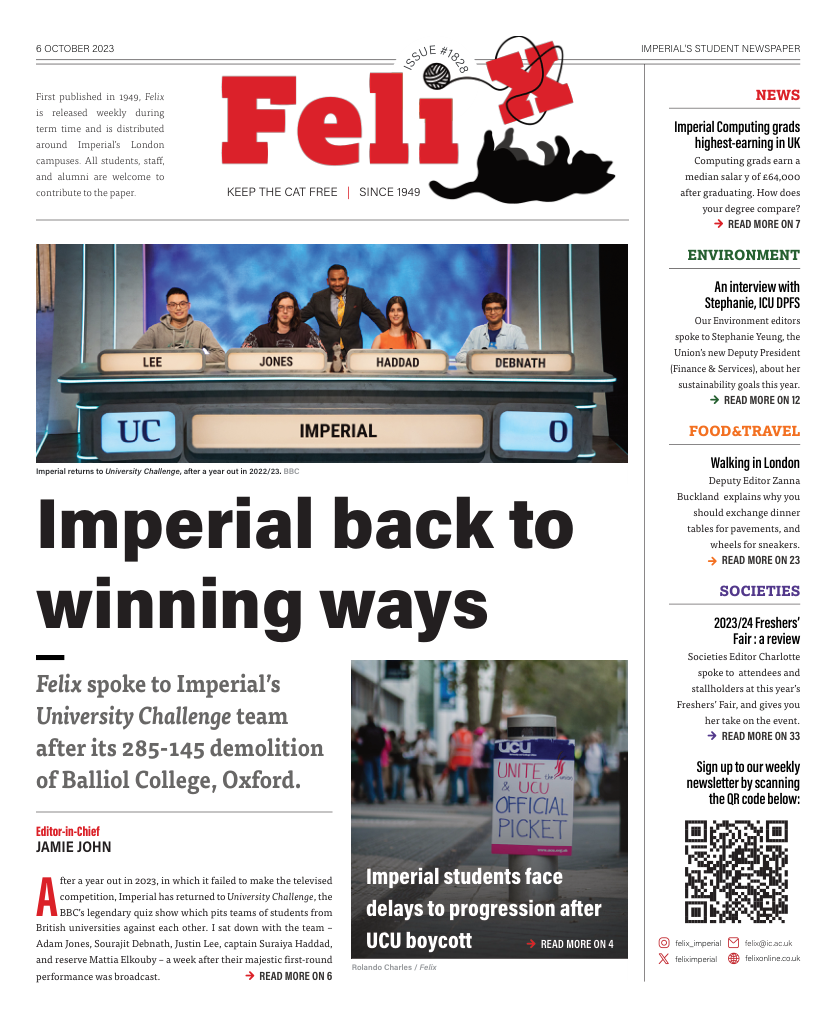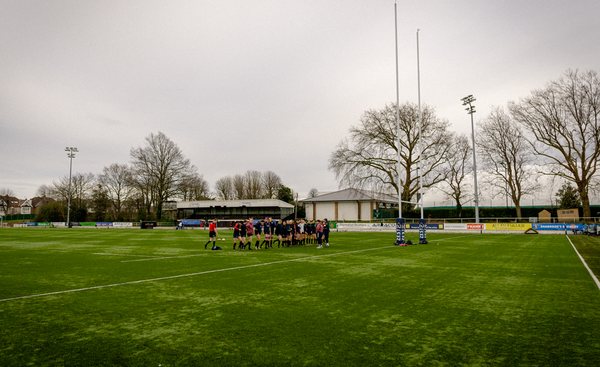Marking and assessment boycott hits students
Imperial students face delays to progression, grade confirmation, and exam results
Students at Imperial have had their progression, grade confirmations, and examination results delayed, following a marking and assessment boycott (MAB) by the University and College Union’s (UCU) Imperial branch. Students across four departments (Physics, Mathematics, Computing, and EEE) have faced the brunt of the disruption. Several cohorts have been awarded only provisional grades, although of the 3,065 students graduating this year, only 15 are still awaiting confirmation of their final classification.
The MAB, which is classed as action short of a strike, began on 17th May and is expected to continue until 18th October.
Only 55 of Imperial’s 2,107 academic and teaching staff are participating in the MAB. The action was called in response to Imperial’s local pay award. Since 2005, the College has negotiated pay directly with staff representatives from the local branches of three trade unions: Imperial UCU, Imperial Unite, and Imperial UNISON, together known as the Joint Trade Unions (JTU).
The College has offered a median year-on-year pay increase of 5.5%, up to a maximum of £5,000. The JTU argue that this is a real-terms pay cut, and have instead asked for a pay rise of 10.5%, in line with inflation. They say a 10.5% increase would retain the value of Imperial’s median pay since 2005, but Imperial claims that this is unaffordable.
Negotiations have failed to produce an agreement. The College has offered a one-off £500 cost-of-living payment in November, but says it will rescind it if the JTU reject its annual pay offer.
Boycotting staff have been angered by the College’s decision to deduct their pay. Imperial is withholding 25% of pay from boycotting staff, for the period of their participation in the MAB. Some staff say they have been forced to stop participating in the industrial action, as they are no longer able to cope with the financial implications.
Some staff have reportedly been hit with pay cuts of 125%, when strike days have fallen during the MAB. When on strike, staff are not paid at all.
Staff have expressed their anger at Imperial’s response on social media. “Bullying and punitive pay deductions haven’t worked… If Kings and UCL can make progress on pay negotiations, why can’t Imperial?” reads one well-received message on the College’s internal Viva Engage platform.
UCL agreed to a demand by its local UCU branch to increase its London weighting allowance to £4,500 from August 2023, and Kings College is also in negotiations for a similar £4,500 August pay deal.
“The renumeration packages for several of the institutions that Imperial would regard as competitors have now vastly improved their salary deals of their staff,” explains Vijay Tymms, Imperial UCU’s branch president. “Every university relies on the goodwill of its staff… If that’s no longer there, then it’s going to be very difficult for them to recruit and retain the calibre of staff they want at Imperial.”
Students, have mixed feelings towards the MAB; those in the worst-affected departments in particular feel a sense of resentment and worry over the delays in receiving results and coursework feedback.
In February 2023, Imperial College Union’s student council expressed support for the MAB and all strike action from the previous year. 60.6% of Union Council voted to support the MAB, with 18.2% voting against, and 21.2% abstaining.
Some students have questioned why they have to face a boycott. Tymms argues that a boycott is the only way to force College management to listen to UCU demands, as grant and paper strikes (striking by not writing papers/submitting grants) are deemed ineffective.
What next?
Strike days have been planned for 2nd, 3rd and 18th October. It is unlikely that grades will be returned soon after 18th October, as many of those who are striking are teaching staff , and will be delivering classes in addition to catching up with marking. Further disruption to student education is expected in the months ahead.









